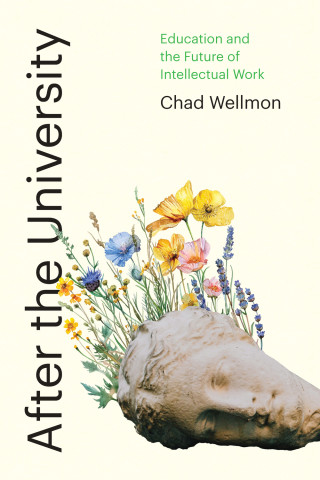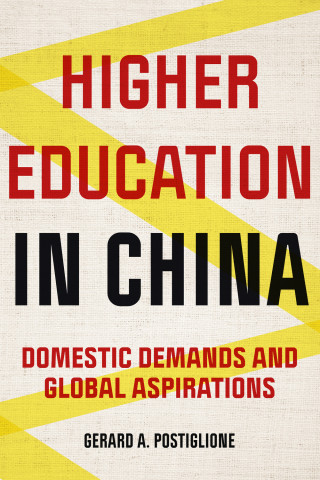
Reviews
This stimulating, challenging analysis encourages readers to develop questions of their own... Students, teachers, and administrators should all discuss the questions Vassallo raises.
Stephen Vassallo's book is written for reflexive classroom teachers wanting to change the way they educate. It adeptly shows how psychology can be reconsidered to advance teaching and learning. A vital contribution to the field of educational psychology.
If you believe that what psychologists know about education is equivalent to what physicists know about gravity, Critical Educational Psychology is not for you. However, if, like many of us, you are uncertain, even confused, about what we know about student learning and motivation, the teaching of creativity and critical thinking, educational assessment, and classroom management, Vassallo’s book will reward your attention.
Stephen Vassallo brings together several important critical directions in contemporary thought and weaves these into a coherent framework for analyzing educational practice beyond the narrow confines of what a successful, achieving student can be in our neoliberal era of performance management. The book asks new questions about the ways teachers support students in learning, thinking, being motivated, developing and paying attention. It also asks new questions about ways educators can engage critically with the relentless effort of measuring, assessing and managing students. Critical Educational Psychology exhibits an impressive grasp of the field of educational psychology while at the same time putting it into a larger context of changing views and goals of education across time. This gives educators, administrators, and policy-makers the tools needed to use psychological approaches with discernment, beyond a cookbook approach towards creative, collaborative, and ethically engaged teaching practice. Seeing the way larger discourses in the economy and social life affect education provides much-needed inspiration about the possibilities of transformation in a time of global social upheaval.
Vassallo has written a comprehensive critical engagement with educational psychology formulated from within, that reviews its key concerns and frameworks to show their limitations without rejecting either the theories or the practices they inspire. It offers students and practitioners not only a scholarly and clear analysis but also ways of applying those critical arguments as tools to change practice. This book is a rare and important contribution.
As the nascent discipline of critical educational psychology takes shape, Stephen Vassallo’s book is sure to be an important moment in its intellectual history. Written in an engaging and accessible style, the author casts a critical eye over a standard fare of topics in contemporary educational psychology—self-regulated learning, motivation, attention, higher order thinking, critical thinking, problem solving, creativity, developmentally appropriate practice, classroom management, and assessment. But make no mistake. Vassallo’s critical approach comprises neither pedestrian appraisals of validity and reliability of empirical studies that typify mainstream psychological critique, nor the kind of facile inadequately informed drive-by criticism of psychology one often hears in educational circles. Vassallo’s examination is au courant, penetrating philosophically and conceptually, and goes to the heart of problematic ontological, epistemological, and ideological assumptions on which educational psychology is flourishing. The book will be a fascinating read and of great value to those seeking a more sophisticated critical understanding of the discipline of educational psychology, the ideas it is popularizing, their effects and consequences, and the aspirations of its practitioners.
Book Details
Acknowledgments
Introduction
Educational Psychology's Value for Teaching
A Critical Pause
Analyses in Educational Psychology
Engaging with the Analyses
1. Knowing Your Students
The Composition of Students
Way
Acknowledgments
Introduction
Educational Psychology's Value for Teaching
A Critical Pause
Analyses in Educational Psychology
Engaging with the Analyses
1. Knowing Your Students
The Composition of Students
Ways of Knowing Students
Know Thyself
Conclusion
2. Principles of Motivation
Background
Approaches to Motivating Students
Critical Analysis
Conclusion
3. Higher Order Thinking
Creativity
Self Regulated Learning
Critical Thinking
Problem Solving
Critically Engaging with Higher Order Thinking
4. Theories of Developmen
Background
Dominant Theories
Contemporary Theory
Critical Analysis
A New Starting Point
5. Teaching as Management
Two Orientations to Management
Ethical Management
Conclusion
6. Attention
Conceptualization
The Crisis of Attention
Critical Analysis
Conclusion
7. Assessment and Measurement
Background
Conceptualization
Types of Assessments and Measurements
The Ethics of Assessment and Measurement
Conclusion
Conclusion
References
Index




